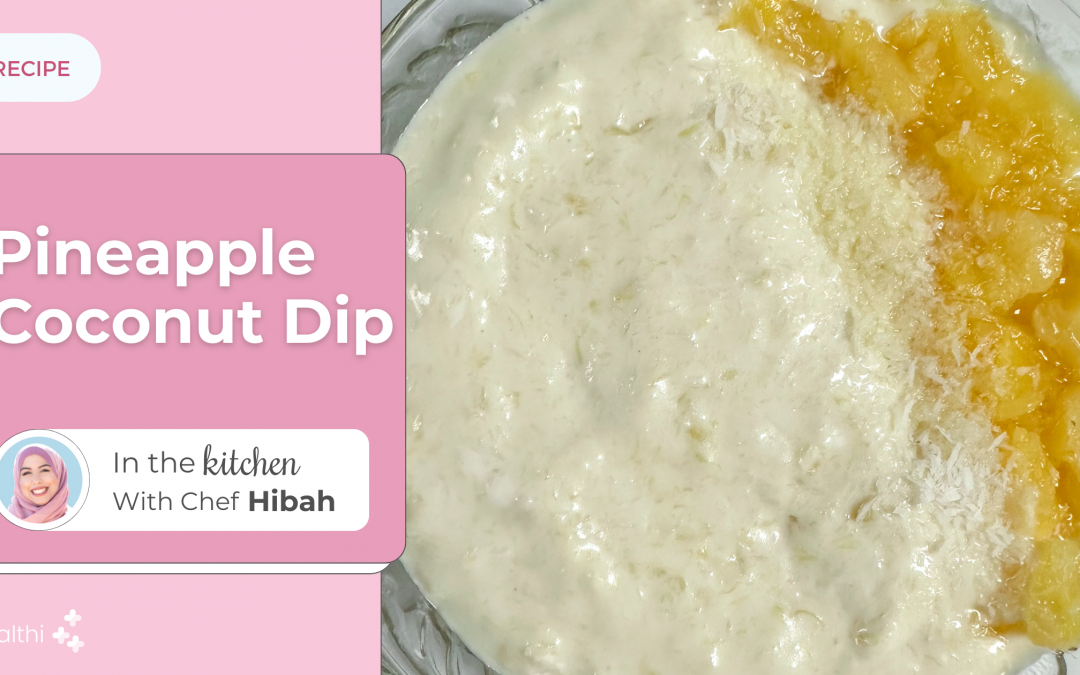Hello Healthi Family! Let’s unlock the doors to balanced nutrition with a focus on Vegetarian Protein—an essential cornerstone for well-rounded and wholesome dietary choices. Protein plays a vital role in maintaining good health. It is essential for tissue growth and maintenance, supports metabolic functions, and helps regulate pH and fluid balance. Furthermore, protein contributes to a robust immune system by aiding in the transport and storage of essential nutrients. For individuals with high blood sugar or diabetes, protein can be a valuable tool in preventing excessive spikes in blood sugar and insulin levels after meals. While the recommended daily protein intake averages around 25% of total calories, individual needs can vary, ranging from 10% to 35%. Many have attested to the benefits of increasing protein intake and following a low-carb regimen for enhancing weight loss.
Protein isn’t solely limited to animal sources, as vegetarians have opted not to consume meat for various personal reasons. Therefore, it’s crucial for those following a vegetarian diet to ensure they incorporate adequate protein sources into their food choices, as well as balance their overall nutrition.
Vegetarian Protein Sources
Incorporating diverse and nutritious sources of vegetarian protein into your diet ensures that you not only meet your protein needs but also enjoy a wide range of flavors and health benefits from plant-based foods. Here are some healthy protein sources tailored for vegetarians:
- Tofu
- Hummus (made from chickpeas)
- Greek yogurt
- Eggs
- Beans
- Lentils
- Nut butters
- Nuts
- Quinoa
- Couscous

Vegetarian Protein Recipes
To help you integrate more protein into your vegetarian diet, here are a few delightful, protein-rich recipes:
- Lentil and Black Bean Chili:
- Ingredients:
- 12 oz of dry lentils
- 1/2 tbsp olive oil
- 1/2 pepper, diced
- 1/2 onion, diced
- 1 tbsp minced garlic
- 1.5 tbsp chili powder
- 1 tsp oregano
- 1/2 tsp cumin
- 1/2 tsp cayenne pepper
- Salt to taste
- 15 oz canned diced tomatoes
- 15 oz canned black beans, drained
- 1/4 cup chopped cilantro
- Instructions:
- Bring lentils to a boil, then simmer until tender and drain.
- Heat oil in a skillet and sauté onion, pepper, and garlic until soft.
- Combine chili powder, oregano, cumin, cayenne, and salt. Add to the skillet.
- Stir in tomatoes and beans, cover, and simmer for 5-10 minutes.
- Fold in lentils and cilantro. Makes 4 servings at about 1 cup each.
- Ingredients:
- Breakfast Sandwich:
- Ingredients:
- 1 Light English Muffin
- 1 large egg
- 4 slices of tomato
- 1/4 cup shredded light cheese
- Instructions:
- Sprinkle the cheese on top of the English muffin and toast.
- Cook the egg to your liking.
- Split cooked egg and add to the English muffin halves.
- Top each half with two good slices of tomato.
- Ingredients:
- Cheesecake for One:
- Ingredients:
- 1 single-serve container of nonfat plain Greek yogurt
- 1 egg
- 1-2 tbsp of sugar-free, fat-free pudding mix (flavor of your choice)
- 1 packet of Truvia or your favorite sweetener
- 1 teaspoon of crushed Fiber One cereal (for the crust)
- Instructions:
- Crush Fiber One cereal and place it in an individual baking dish as a mock crust.
- In a separate bowl, mix all the other ingredients and pour it over the crushed cereal.
- Bake at 375°F until a knife comes out clean.
- Top with whipped cream for a cheesecake-like treat.
- Ingredients:
Conclusion
Transitioning to a vegetarian diet doesn’t mean sacrificing protein or resorting to a high-carb diet. It’s crucial to incorporate protein into every meal and snack for satiety and a sense of fulfillment. Additionally, there are many plant-based meat substitutes available, and most restaurants now offer vegetarian options, ensuring you can maintain a healthy, satisfying, and nutritionally sound diet, no matter your reasons for avoiding meat. Incorporating these diverse and delicious vegetarian protein sources into your diet not only supports your health but also adds a world of flavor and variety to your meals, making the vegetarian journey both nutritious and enjoyable.




















